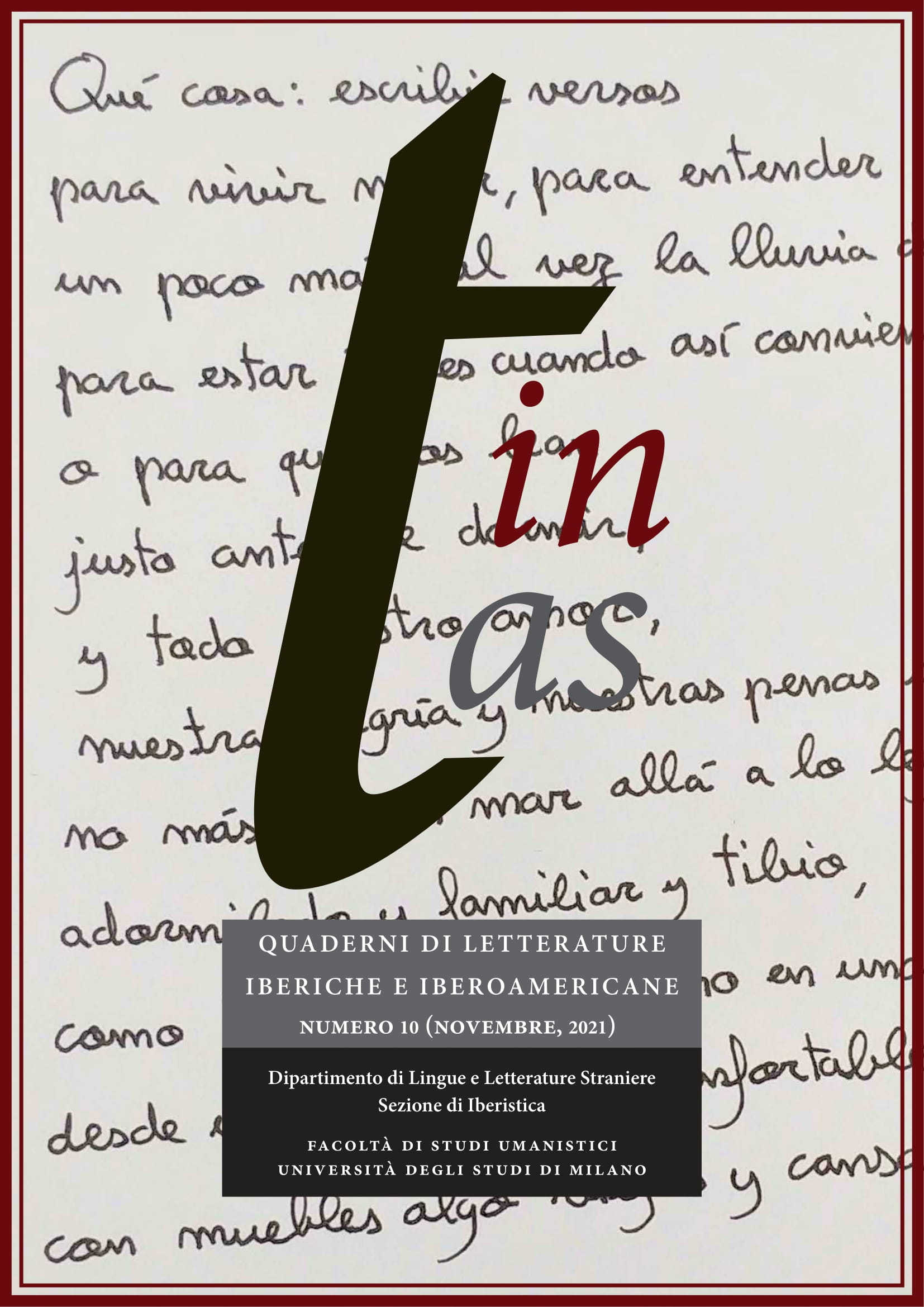Antígona y sus hermanos. Sobre "La tumba de Antígona" de María Zambrano
DOI:
https://doi.org/10.54103/2240-5437/16724Palavras-chave:
María Zambrano; Antígona; fraternidadResumo
En esta contribución, queremos examinar el concepto de hermandad desarrollado por María Zambrano en su obra de teatro La tumba de Antígona. En el largo prólogo, que tiene entidad de texto independiente, se pone énfasis en la heroína como la hermana que se sacrifica y que en la soledad llega a asumir la plenitud de su ser. En la tragedia, que empieza cuando la joven ya ha sido condenada, Ismene y Antígone, al contrario del modelo de Sofocles, están unidas. Antígona no hace distinciones entre Eteocles y Polínices y les reprocha su falta de hermandad. Polínices lanza entonces la utópica visión de la “ciudad de los hermanos” en la que no existen ni padres ni hijos y no hay lugar para el sacrificio. Aunque al final de la obra, la protagonista es llevada a la tierra prometida del amor, tenemos motivos para considerar que esta no coincide con la “ciudad de los hermanos”, ni en la dimensión personal, ni en la política. Los valores de libertad, igualdad y fraternidad los viven ya Antígona e Ismene. La ciudad deseada por Zambrano, ¿no sería “la ciudad de las hermanas”?



